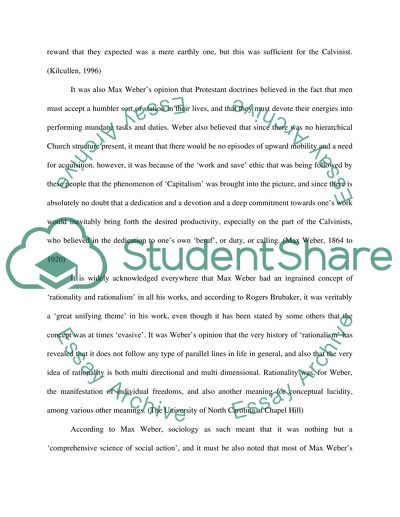Cite this document
(Linkage between Bureaucratic Structure and Human Agency Assignment, n.d.)
Linkage between Bureaucratic Structure and Human Agency Assignment. Retrieved from https://studentshare.org/sociology/1516460-max-weber
Linkage between Bureaucratic Structure and Human Agency Assignment. Retrieved from https://studentshare.org/sociology/1516460-max-weber
(Linkage Between Bureaucratic Structure and Human Agency Assignment)
Linkage Between Bureaucratic Structure and Human Agency Assignment. https://studentshare.org/sociology/1516460-max-weber.
Linkage Between Bureaucratic Structure and Human Agency Assignment. https://studentshare.org/sociology/1516460-max-weber.
“Linkage Between Bureaucratic Structure and Human Agency Assignment”. https://studentshare.org/sociology/1516460-max-weber.


